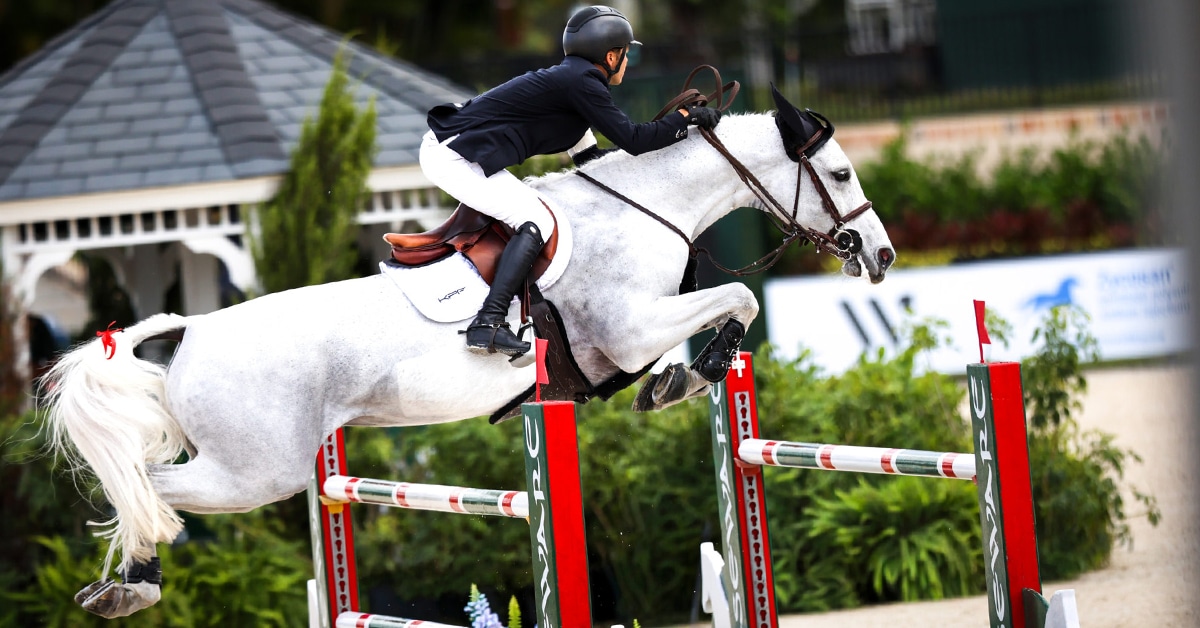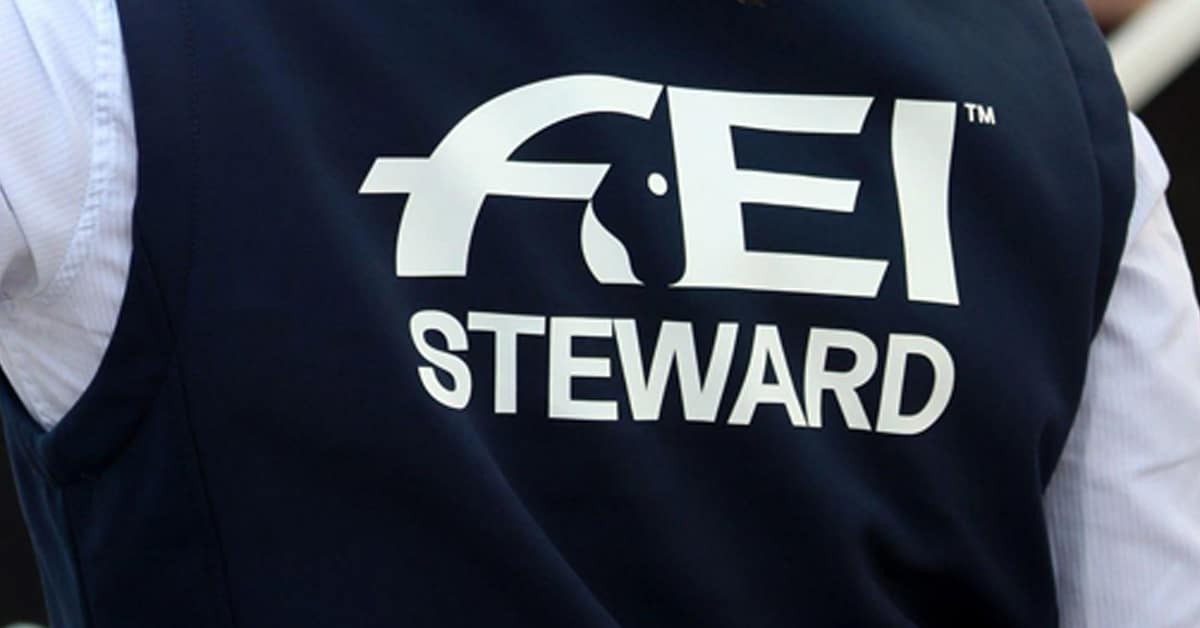Australia is to make frangible devices compulsory at all national and FEI events from February 1st – the announcement coming just days after the FEI said it is not yet convinced that mandating devices globally should go ahead.
Until recently, Australia was one of the least active of the major eventing nations in terms of promoting cross-country fence safety technology. That changed when two young riders, Caitlyn Fischer and Olivia Inglis, were killed last year.
A number of initiatives since resulted in every single Australian competition venue being supplied with frangible devices by June 2016. Financial support came from the Equestrian Australia Making Eventing Safer Fund supported by Terry Snow, a billionaire philanthropist who donated AUS $250,000, and from the Olivia Inglis Foundation.
Now, Equestrian Australia rules insist that “all fences that can be fitted with frangible devices MUST be fitted with frangible devices. These include all open corners, open oxers, verticals or near verticals with open rails, top rail on triple bars and gates where the rail dimensions and weight fits the acceptable parameters of an approved frangible device.”
An officials’ education program will be rolled out in February and March.
Olivia, 17, died in March 2016 and Caitlyn, 19, in May. Although they were killed at different events, Scone and Sydney, both took place in New South Wales. Horse-Canada understands that the state coroner is considering holding a joint-inquest into the deaths.
Campaigning for frangible technology heightened this fall following the death of Maxime Debost at a two-star competition in France in September. He was killed in a rotational fall at an un-pinned triple bar.
David Morton, a former British horse trials official now living in Ireland, led a social campaign challenging the FEI to mandate rather than recommend frangible pins where appropriate. He gained high profile support, including from Eventing Canada and Badminton.
However, the FEI responded by passing the initiative to national federations. Then earlier this month it also issued a document which answered issues raised on social media and at the FEI General Assembly in Montevideo.
This included reservations over phasing in mandatory usage, as recommended by the FEI’s risk management committee whose chairman David O’Connor has since been elected chair of the FEI eventing technical committee.
The memo – which is not attributed to any one person – said: “While rotational horse falls have decreased dramatically, there is evidence – as highlighted in the Barnett report – that the number of horse falls in general is higher at fences fitted with frangible technology.
“Although clearly it could be the question rather than the frangible technology that is causing these falls, more information and data is needed to understand this horse fall rate.
“It is a priority to reduce horse falls as a whole so this is where data collection is an extremely important part of the decision-making process around the world. FEI statistics show that rotational falls have been reduced by more than 50% in the 10-year period from 2006-2016 so there are clear benefits. The bottom line is that we need to have a better understanding of this evidence, and where it fits into the overall picture, before we can consider making the use of frangible technology mandatory.
“The decision of National Federations to use frangible technology is fully supported by the FEI and in line with National Federations taking their responsibilities on risk management. However, following a more comprehensive evaluation by the FEI Eventing Committee and for the reasons mentioned above, the FEI strongly believes that it would not be beneficial to the sport to impose mandatory implementation at this point in time.”
More News








